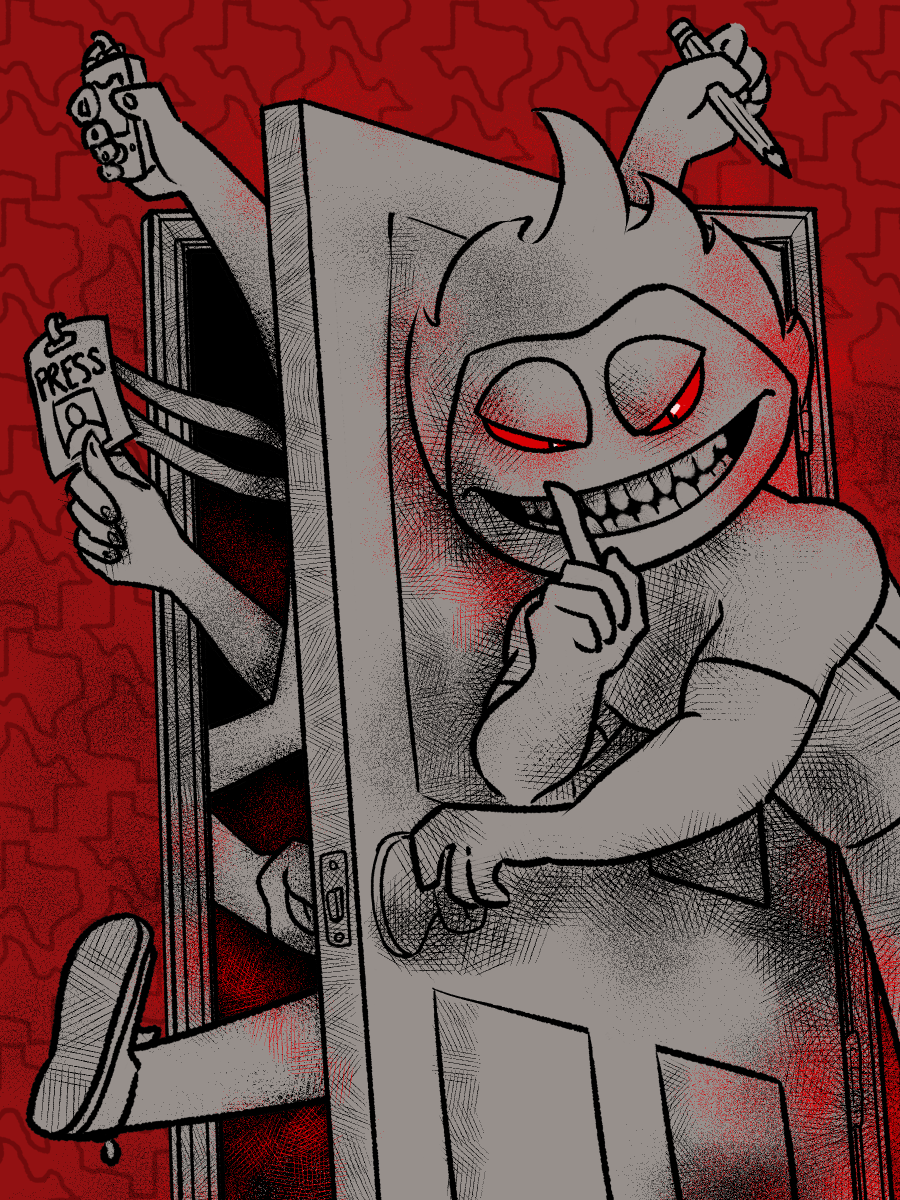Lack of attendance at town hall indicative of potential larger issue
When talks of a possible tuition increase started to spread through campus, there wasn’t as much of an uproar as people would think. In fact, there was barely a whimper.
For the student body at UTD, that’s something that should be concerning to all of us.
On Dec. 1 and 2, the university held town hall meetings hosted by President Ad Interim Hobson Wildenthal, Provost Inga Musselman and Dean of Undergraduate Education Andrew Blanchard. With a cast of administrators who have such a strong influence on the university, I expected that there would’ve been a high turnout at these events.
At each of these town halls, there were only a dozen or less people there.
To be fair, it has to be pointed out that for a large number of students on campus, the proposed tuition increase will not affect them. For undergraduates who are already on the current tuition plan, the rates are locked in and they won’t change. Understandably, since this issue doesn’t directly affect the students currently at UTD, the level of concern just doesn’t seem to be there among the general population.
Even though the current student body may not feel the direct effects, that’s not enough to justify the lack of care shown by the overall public at UTD.
At a time when student debt is at an all time high, the administration is trying to increase the cost for what is already the most expensive public school in the state in terms of tuition, and students are letting that pass without any questions.
While the individual schools like EPPS and JSOM hosted town halls that did have more attendance than the campus town hall, none of these were hosted by the top-level administration who are directly involved with making the decisions that will affect the university.
At the town hall, it was almost shocking how open the administrators were in explaining just how desperately the university needs this tuition increase. It didn’t really sink in that UTD is in dire straits financially until Wildenthal pointed out that the university has been borrowing money for years just to make sure it could pay for everything.
For those who didn’t attend, it’s hard to convey just how serious this issue actually is. If the increase isn’t approved, UTD will have trouble paying the mortgages on multiple buildings, filling up labs with equipment and hiring new faculty, among other issues.
The sky isn’t falling just yet, but it’s starting to collapse.
Yet through all of this, it seems there hasn’t been much of a concern at all from the student body. One of the biggest criticisms that people have of students here is a general sense of apathy that seems to pervade the population, and that wasn’t more apparent than through the process of discussing the tuition increase. As a student, I felt embarrassed sitting in the town hall knowing that I was one of the only people representing the thousands of students who hadn’t bothered to show up.
There have been several theories I’ve heard as to why this is — ranging from people being focused on finals to general exhaustion from the semester. Additionally, even though the university sent out emails to everyone letting people know about the town halls, they could’ve done a much better job of informing students of what exactly was going on. Emails and a few social media posts coming right after the fall break just aren’t going to catch the attention of 18 to 21-year-old students.
Still, the general lack of interest for campus issues is disturbing — and it isn’t anything new. Turnout for Student Government elections have always been shockingly low, reflecting this lack of care. Taking this a step further, this kind of attitude is the reason why we see such a ridiculously low amount of voter participation in actual government elections, especially among young people.
In the last presidential election, for example, only 41.2 percent of people between the ages of 18-24 voted, compared to 71.9 percent for people age 65 and older. Heading into an election year, it’s disheartening to know that if people don’t care what happens to their university, it’s unlikely that they’ll care what happens to their country.
Whether or not the tuition raise is beneficial, or even happens, is debatable, but what isn’t is that the student body as a whole has done a bad job of educating themselves about this issue that will bring about major changes to how UTD operates. There has to be a better student voice when we’re presented with a chance to raise our concerns directly to the university leaders. If not, don’t be surprised if one day changes start to take place that many won’t agree with but we couldn’t stop because we didn’t do anything when we had the chance.





